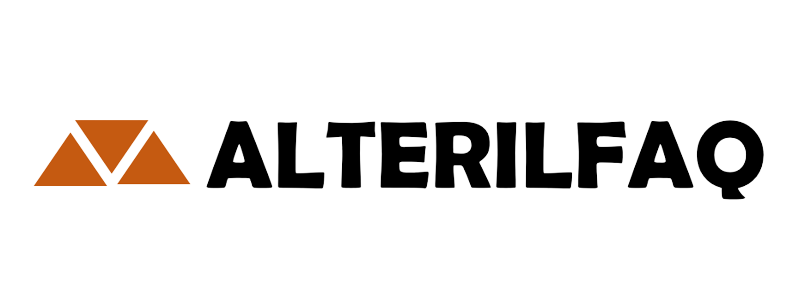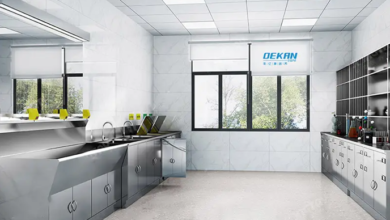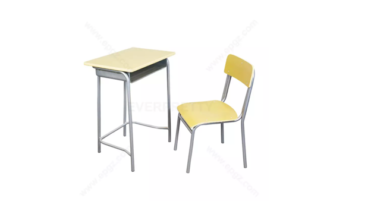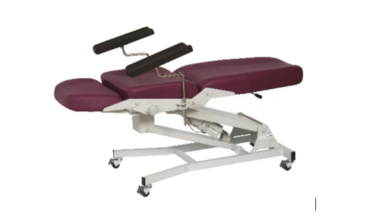Utilities and Maintenance: Apartment vs. House Costs

Choosing between renting an apartment or houses for rent near me not only impacts your living space but also your monthly expenses. Two significant factors to consider are utilities and maintenance costs. In this article, we’ll compare the costs associated with utilities and maintenance for apartments and houses, helping you make an informed decision based on your budget and preferences.
Apartment Living: Utility and Maintenance Considerations
Apartments often come with some unique characteristics that affect utility and maintenance costs. Here’s what you need to know:
1. Utility Costs
a. Included Utilities: Many apartment complexes include some utilities in the monthly rent. These can include water, trash removal, and sometimes even internet or cable. Be sure to ask your landlord or property manager which utilities are covered, as this can significantly impact your budget.
b. Smaller Living Space: Apartments are typically smaller than houses, which means lower heating and cooling costs. The smaller footprint helps to keep energy bills more manageable.
c. Shared Walls: Shared walls with neighboring units can help conserve energy. You may spend less on heating and cooling due to the insulation provided by neighboring apartments.
2. Maintenance Costs
a. Landlord Responsibility: In most cases, apartment maintenance and repairs are the responsibility of the landlord or property management. This can save you from unexpected expenses, as you won’t have to budget for major repairs like a leaking roof or a malfunctioning HVAC system.
b. Amenity Fees: Some apartments offer amenities like fitness centers, pools, and communal spaces. While these amenities can enhance your living experience, they may come with associated fees that are included in your rent.
c. Regular Inspections: Landlords or property managers may conduct regular inspections and maintenance to ensure the property is in good condition. These inspections are typically covered by the property owner.
House Rental: Utility and Maintenance Considerations
Renting a house comes with its own set of utility and maintenance considerations:
1. Utility Costs
a. Tenant Responsibility: When renting a house, tenants are generally responsible for all utilities, including water, electricity, gas, internet, and cable. You’ll need to budget for these expenses separately from your rent.
b. Larger Living Space: Houses are typically more spacious than apartments, which can lead to higher heating and cooling costs. The larger square footage may result in increased utility bills.
c. Private Living: Unlike apartments, houses offer greater privacy, but this can also mean higher energy costs as you’ll need to heat or cool the entire house, even if you only use a portion of it.
2. Maintenance Costs
a. Tenant Responsibility: In house rentals, tenants are generally responsible for all maintenance costs, including repairs, landscaping, and yard maintenance. This can involve budgeting for lawn care, snow removal, and occasional repairs.
b. Personalization and Customization: While you have more control over the living space in a house, you may also need to budget for home improvements or customization, such as painting, decorating, or landscaping projects.
c. Home Insurance: Renting a house often requires tenants to have home insurance, which is an additional cost to consider in your budget.
Balancing Your Budget: Apartment vs. House
When deciding between an apartment and a house, it’s crucial to evaluate your budget and financial goals. Here are some tips for balancing your budget based on your housing choice:
Apartments
- Savings Opportunity: Lower rent in apartments can free up funds for savings, investments, or paying off debts.
- Utility Transparency: Since some utilities may be included in apartment rent, make sure to clarify which ones are covered to budget accurately.
- Emergency Fund: Consider building an emergency fund to cover unexpected expenses, as apartment living may come with fewer maintenance responsibilities.
Houses
- Higher Utility Costs: Allocate a larger portion of your budget for utilities when renting a house, considering the increased square footage.
- Maintenance and Repairs: Budget for regular maintenance, repairs, and outdoor maintenance costs like lawn care and landscaping.
- Home Insurance: Don’t forget to include home insurance in your budget, as it’s typically required for house rentals.
Conclusion: Budgeting for Utilities and Maintenance
The choice between renting an apartment or a house affects not only your living space but also your monthly budget. Apartments often come with included utilities and fewer maintenance responsibilities, making them budget-friendly options. In contrast, renting a house requires budgeting for utilities, maintenance, and potential home improvements. By understanding your budgetary needs and considering your lifestyle, you can make an informed decision about the type of rental property that aligns with your financial goals.




